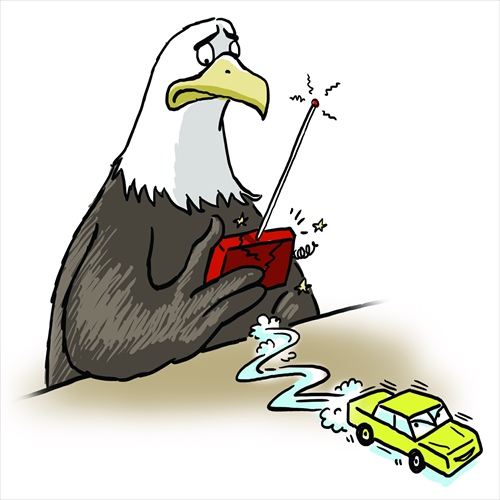US sanctions on Myanmar in dilemma

Illustration: Liu Rui/GT
Myanmar's opening-up, after decades of isolation, paved the way for sweeping changes in the country. The reformist government is overwhelmed in trying to integrate into the world economy, which has attracted interest in this rapidly changing land, not only from its Asian neighbors, but also from Western countries that once considered it a pariah.
At the backdrop of the US "pivot to Asia" strategy, Washington has embarked on a rapprochement with Nay Pyi Taw at a dazzling pace since 2011. As a reward for Myanmar's political reforms, Washington lifted most of its financial sanctions on the country and normalized US-Myanmar diplomatic relations, appointing a US ambassador to Myanmar for the first time since 1990.
However, as the progress made by Myanmar is not as satisfactory as expected, the US has become more critical about the ongoing reforms. There is increasing criticism in the US that the U Thein Sein government is backsliding on sectarian violence between the Buddhist majority and Muslim minority, press freedom and the revamp on the constitution, which bars the West-supported democracy icon Aung San Suu Kyi from competing for the presidency in the 2015 elections.
To maintain its leverage on the democratically changing country, the US extended in May some economic sanctions on Myanmar. More than 100 potential partners remain on the blacklist of sanctions, indicating long-term uncertainty in the prospect of doing business. With some exceptions, many US companies, despite having strong interests in tapping Myanmar's market potential, are reluctant to step in.
But it's ironic that Secretary of State John Kerry, when attending the ASEAN Foreign Ministers' Meeting early this month in Nay Pyi Taw, may have unintentionally helped a US blacklisted man in Myanmar just by checking into a hotel he owns.
The Department of State defended Kerry later that the state secretary was assigned to the hotel and the US law doesn't prohibit Americans from staying at hotels owned by sanctioned companies. But the dollars spent on the accommodation by the US delegation may have ended up being pocketed by the sanctioned tycoon himself.
In a recent interview with Peter Kucik, a former policy adviser who helped craft regulations around Myanmar sanctions when he worked for the US Treasury Department's Office of Foreign Asset Control, the Risk & Compliance Journal examined the prospects and challenges facing US companies probing opportunities in Myanmar.
Kucik said that US sanctions on Myanmar should dwell on "how do you support elements of the government that are reforming and pursuing economic and political change." Since the US began an engagement policy with Myanmar, it has persisted in using sanctions as a leverage to pressure Myanmar in achieving "genuine democracy" as it defines it.
When he met Thein Sein in Nay Pyi Taw recently, Kerry emphasized that the US has no inclination to reimpose sanctions on Myanmar now. But, facing growing fears in Congress that Myanmar's reform process may be stalled, it's unlikely that the US will give up the leverage provided by using sanctions in the future.
The question then becomes to what extent the US sanctions will harm Myanmar.
China remains a key player in Myanmar with a considerable number of investments in the country. Countries like Japan, South Korea, Thailand, India and the ASEAN states are ready to engage Myanmar without placing political conditions on the emerging market.
According to a survey from United Overseas Bank conducted in May, more than 70 percent of the 108 companies quizzed - 64 were from Singapore - claimed that they have plans to tap the new market in 2015.
The US has long perceived itself as the role model of democracy. However, democracy is defined in many ways, and reforms to achieve democracy cannot be realized overnight. Some scholars warned that the US may fall behind those countries that don't impose political conditions on Myanmar. But will Washington care?
The author is a reporter with the Global Times. yujincui@globaltimes.com.cn